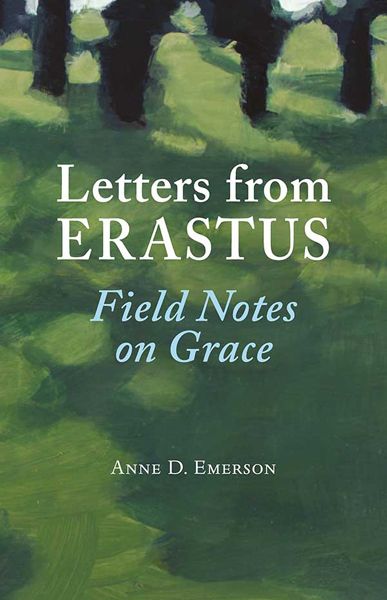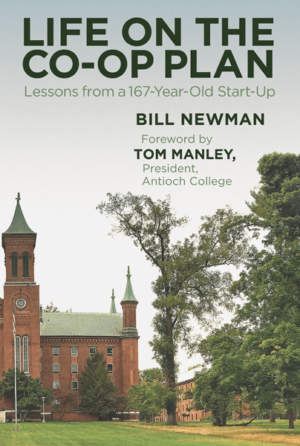Letters from Erastus: Field Notes on Grace, written by Erastus Hopkins’ great-great granddaughter Anne D. Emerson of Boston, is woven around twenty-two letters written by Hopkins to his daughters in the 1850s and 60s in Northampton, Massachusetts. Hopkins was a founder of the Free Soil Party in Massachusetts and its most eloquent advocate. A stirring orator, he was an effective legislator for Western Massachusetts on Beacon Hill. He was a Presbyterian minister in a sea of Congregationalists, founding president of the Connecticut River Railroad and an active agent of the Underground Railroad. The letters reveal an unexpected sensitivity and attempt to provide firm but gentle guidance to a family coping with years of domestic tragedy. Buried for one-hundred-fifty years in the archives of the Massachusetts Historical Society, the letters become a bridge to Linc, a schizophrenic cousin in prison, and a guide for the author’s understanding of her own life story and old New England family.
While this is a book full of engaging history, it is also a contemporary story, about a family of artists, the interplay of generations and values, and the ways we search for and find meaning as we move through the chapters of life.
Anne D. Emerson was the executive director of the Weatherhead Center for International Affairs at Harvard University from 1988 to 1998, and after that served as director of the Bostonian Society and the Old State House Museum and as president of the Boston Museum Project. She is married to Peter Altman, founding artistic director of the Huntington Theater. Her articles on historical topics have been published in The Boston Globe. This is her first book.
Richard Rabinowitz, author of The Spiritual Self in Everyday Life: The Transformation of Personal Experience in Nineteenth-Century New England (Northeastern University Press, 1989) observes:
“In all the many hours I’ve spent reading the religious diaries and letters of 18th- and 19th-century New Englanders, or reading scholars’ studies of personal religion, I’ve never come across someone who penetrated the core of their inner lives so well as Anne Emerson has done with Erastus Hopkins. In this amazing book, she deepens her own exploration of a life of love and loss by engaging Hopkins’ remarkable faith in the face of family tragedy and a young cousin’s equally profound descent into schizophrenia and violence. As readers, we inhabit these three spiritual worlds at once, and come away enthralled by the exercise.”










